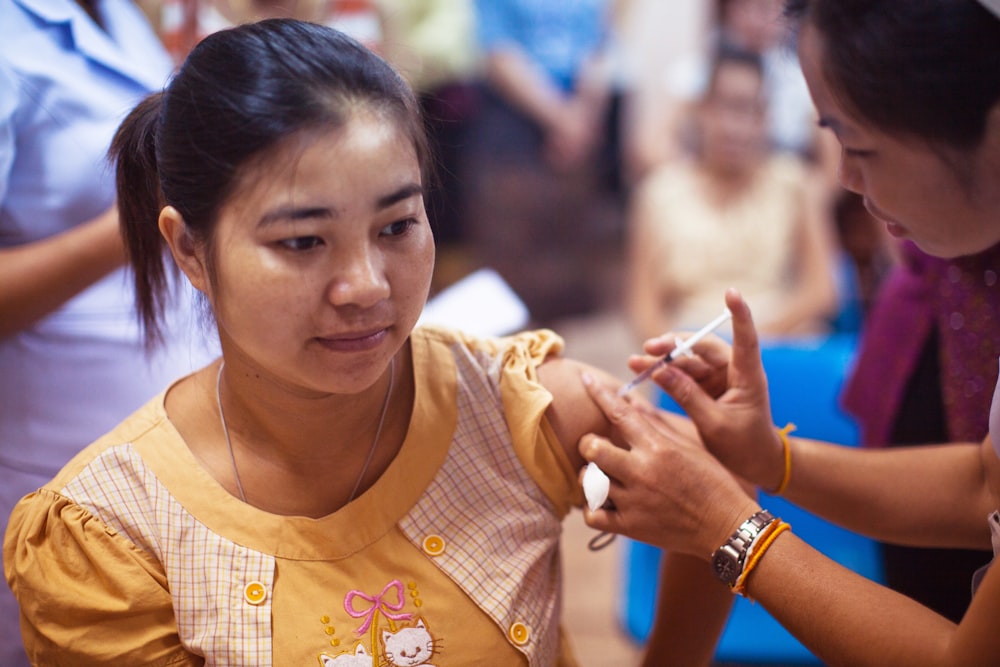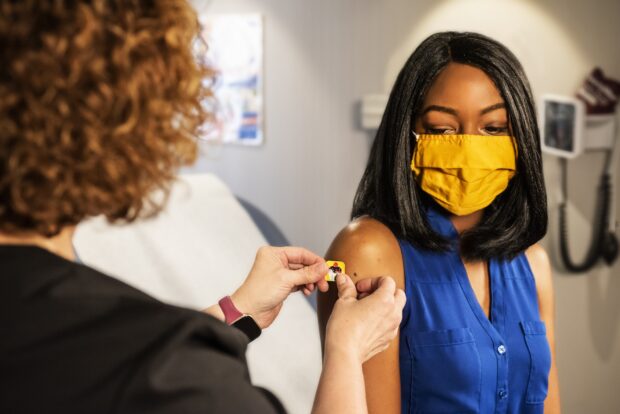Although this should already go without saying, every woman must take her time out to get regular health checks. We often forget that leading a healthy lifestyle is not just about balanced diets and regular exercise. While eating your greens will of course help you achieve optimal health, scheduling routine checkups is a surefire way to know how your body is really doing. These regular screenings will detect diseases, prevent complications, and prompt healthier changes in your life.
Here are five essential health checks that every woman should regularly have:

1. Mammogram
Think of a mammogram as an x-ray for your breasts. Mammograms are intended to help detect breast cancer, one of the leading causes of death among women globally. There are varying guidelines on when a woman should undergo a mammogram, but recent studies suggest that you should start annual screenings as early as age 40. If you have a family history of breast cancer, earlier screenings can be scheduled with the advice of your doctor.
2. Pap Smear
Pelvic exams are essential in checking for infections, cancer, and other conditions in your reproductive area. During a pelvic exam, a test called pap smear is done to determine any signs of cervical cancer. The doctor will insert a small brush in your vaginal canal to collect samples of cervical cells for testing. A pap smear every three years is recommended from ages 21 to 65. While WHO recommends it for girls aged nine to thirteen, women below 26 years old may ask their doctors if an HPV vaccine can be administered to them for prevention.
3. Eye Exam
We are all guilty of getting sidetracked when it comes to scheduling our eye exams. We think that having normal vision is enough, but we forget that symptoms of various eye conditions can be gradual and subtle. A group of Lowcountry eye specialists expresses their concern over the growing number of late diagnosis of cataracts and glaucoma, especially in women. They recommend an annual comprehensive eye check to avoid irreversible visual debilitation.
4. Cholesterol Test
Getting your cholesterol levels checked every five years significantly helps in lowering your risk of heart diseases and stroke. It also helps evaluate the risks of obesity and hypertension. You should also start monitoring your blood pressure starting at the age of 18 or 20. If your blood pressure is often below the normal reading of 120/80, the U.S. Department of Health and Human Services Office on Women’s Health recommends getting it checked every two years.
5. STD Screening
Women who are sexually active should commit to routine STD tests. STD tests may involve a blood test or swabbing of your vaginal fluids. These screenings can range from gonorrhea and chlamydia testing to checking HIV and syphilis. Depending on your age and sexual practices, you can have all of these tested or just check for chlamydia and gonorrhea. You should consult with your healthcare provider about how often you should get tested for STDs.










